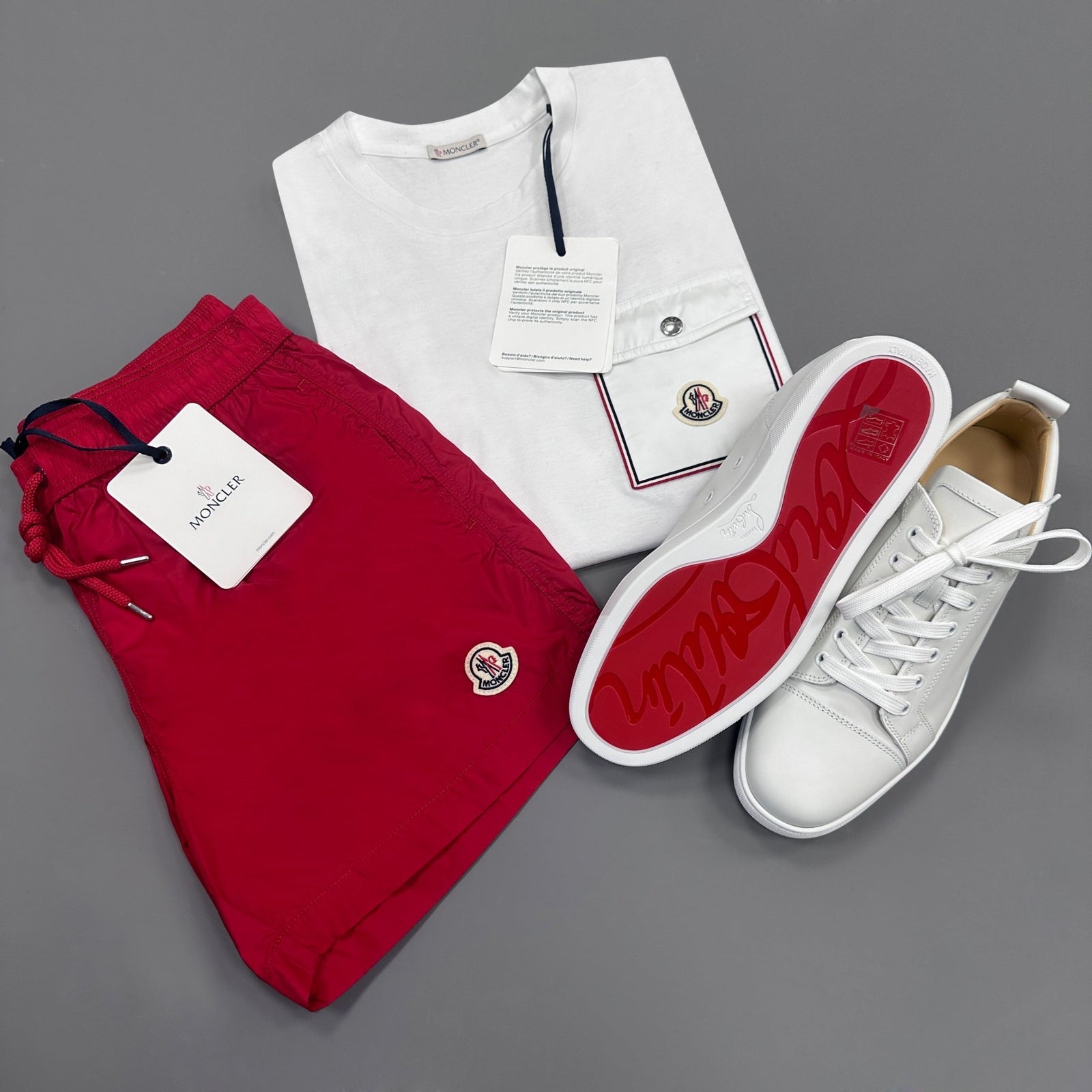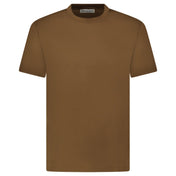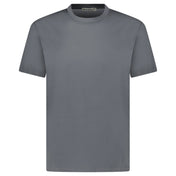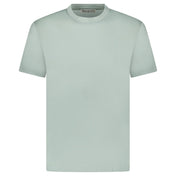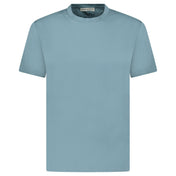The luxury fashion industry has witnessed a remarkable transformation over the past two decades. What once were family-owned heritage brands have now evolved into multi-billion dollar fashion empires, extending their reach well beyond the imaginations of pioneers like Louis Vuitton. In 2019, the personal luxury goods market was valued at €281 billion (approximately $310 billion), a significant leap from €116 billion (around $128 billion) in 2000, according to Bain & Company.
However, 2020 brought unforeseen challenges with the outbreak of COVID-19, leading to a global economic downturn, potentially more severe than the Great Recession. The pandemic, originating in China and spreading to the US and Europe, has had devastating impacts, causing loss of lives and jobs. The first quarter of 2020 saw a dramatic decline in global luxury sales, with projections suggesting a market contraction of up to 35% for the year.
This "new normal" presents a stark contrast to the pre-crisis world, where luxury brands thrived on exclusivity, glamour, and the allure of newness. High-touch retail experiences and innovative product launches captivated a generation. Digital advancements further fueled this fascination, enabling consumers to connect with their favorite brands anytime, anywhere.
The digital luxury retail journey began with Net-a-Porter's launch in London in 2000, blending magazine-style content with online shopping. This was closely followed by Yoox in Milan, offering past-season designer wear online. By 2010, the online luxury goods market reached €4.3 billion, with Net-a-Porter emerging as a leading digital retailer. However, by 2019, the online luxury goods sales soared to €33.3 billion globally, despite the market becoming increasingly fragmented.
A new wave of competitors, including MatchesFashion, Moda Operandi, and rental platforms like The RealReal, entered the fray, challenging the dominance of early players. Yet, no clear market leader emerged as the sector became more chaotic. The proliferation of discount culture, particularly in the US, forced many retailers to cut prices, pushing some into bankruptcy and others into unprofitability.
The increasing focus on e-commerce by luxury brands themselves has added another layer of competition, challenging the traditional multi-brand retail model. As the coronavirus pandemic accelerates shifts in consumer behavior and pushes the economy towards recession, the online luxury market faces a crucial turning point. The industry must adapt to these rapid changes or risk further consolidation and store closures.
In this challenging climate, Boinclo stands out as a high-end designer clothing outlet, offering a seamless blend of luxury and digital convenience. Our commitment to authenticity, quality, and customer service positions us uniquely to navigate these turbulent times. As the landscape of luxury e-commerce evolves, Boinclo remains dedicated to delivering exceptional value and experience to our discerning customers, showcasing the best of luxury fashion without compromising on the excellence that our clients have come to expect.
As we look towards the future, the question remains: how will the luxury fashion industry adapt to the new norms of digital commerce and economic uncertainty? With Boinclo, we embrace this opportunity to redefine luxury shopping, ensuring our customers always have access to the pinnacle of fashion at their fingertips at prices only seen prior to the pandemic. Join us on this journey as we continue to explore, innovate, and lead in the digital age of luxury fashion.

